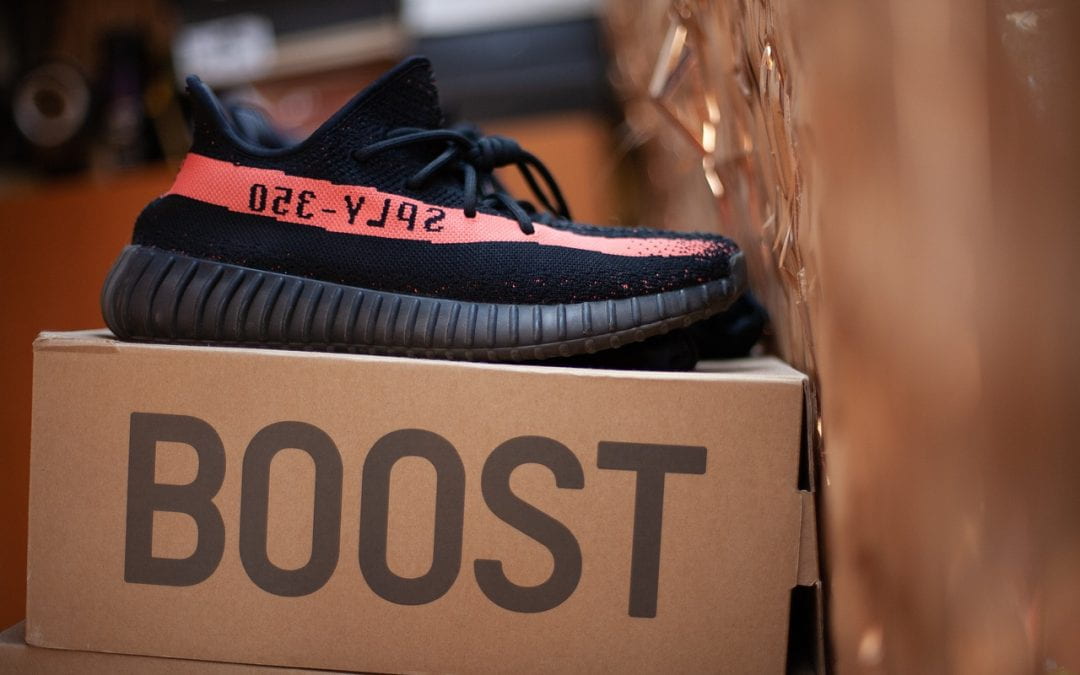According to Harvard Business School professor Anita Elberse, a celebrity endorsing or co-branding with a consumer product, on average, will increase the revenue of the products sales by 4%, correlating with a $10 million in further sales each year. Some major recent brand endorsements include: Beyoncé and Pepsi, Harry Styles and Gucci, and Lionel Messi collaborating with Adidas in the World Cup. When considering partnerships with athletes and celebrities, the yearn for growth comes to mind. However, legal actions could arise, and brandsand celebrities alike are ought to be vigilant when licensing intellectual property rights, to avoid the root of potential litigation.
Recently, there was controversy, when Adidas terminated its partnership with songwriter and fashion designer, Ye, formerly known as Kanye West, over a tweet that had become known to escalate threatening and hateful comments. Since 2016, Ye and Adidas had been in business, selling sneakersknown as Yeezy. The co-branding deal is estimated to hold 8% of Adidas’ annual sales. An analysis of the Yeezy partnership between Ye and Adidas requires the exploration of the intellectual property rights ownership concerning the Yeezy Brand. Furthermore, a critical legal inquiry involves evaluating the implications of termination on both Adidas and Yeezy, encompassing contractual obligations, potential licensing agreements, and the impact on the brands commercial direction.
Adidas and Ye have each acquired their own Intellectual Property rights during their partnership. Adidas has rights over the design of Yeezy footwear, including the Yeezy Boost 350 created by Nic Galway, Adidas’ Vice President of global design, because of evidence showing the patent registration with the USPTO office; and Ye’s company, Mascotte Holdings, Inc., holds trademark rights over the name and brand of Yeezy. Due to their ownership of the patent but not the trademark Adidas can continue selling the respective designs after their termination with Ye, but without using the Yeezy name.
After Adidas severed its ties with Ye, the company announced that it would continue to sell any unsold Yeezy sneakers in its inventory and donate the proceeds to a charitable cause. Although Adidas continued to sell its inventory should Ye have shared a percentage of the royalty of the sales? This all depends on the contractual agreement and termination terms between Ye and Adidas. If there was no provision included that allows the continued sale, Ye would likely have a claim to sue for monetary damages because his trademark is being used in commerce by Adidas, without any of his consent.
How can Adidas end its partnership with Ye, directly after the controversial tweets? There were likely moral and non-disparagement clauses in the agreement which allowed Adidas to end its termination. The blame, however, is on Adidas for its failure to sever its ties with Ye, earlier on. Adidas executives, motivated by the desire for profits, consistently overlooked his misconduct. Ye had a history during the duration of the partnership of controversy and making harmful statements.However, terminating a brand deal with a public figure, raises difficulties in its timing, due to contractual provisions in the agreement.
Are these consequences of contractual breaches and harm of brand reputation, a lesson for future co-brand and endorsement deals? Co-branding and licensing endorsementswith celebrities and successful brands may have its benefits, butas shown, there also drawbacks and consequences. Brand and celebrities alike, are ought to do their diligence and research their potential joint contributor’s history of any pastcontroversial remarks, before exposing their intellectual creativity. Here, Adidas can afford a mistake like this, but the risk rises with a smaller company who may not be able to allow for an error. Ultimately, when a red flag is shown by any of the parties during the duration of a licensing agreement, by their messages on social media platforms, podcasts, or news interviews, measures are ought to be taken sooner rather than later.

